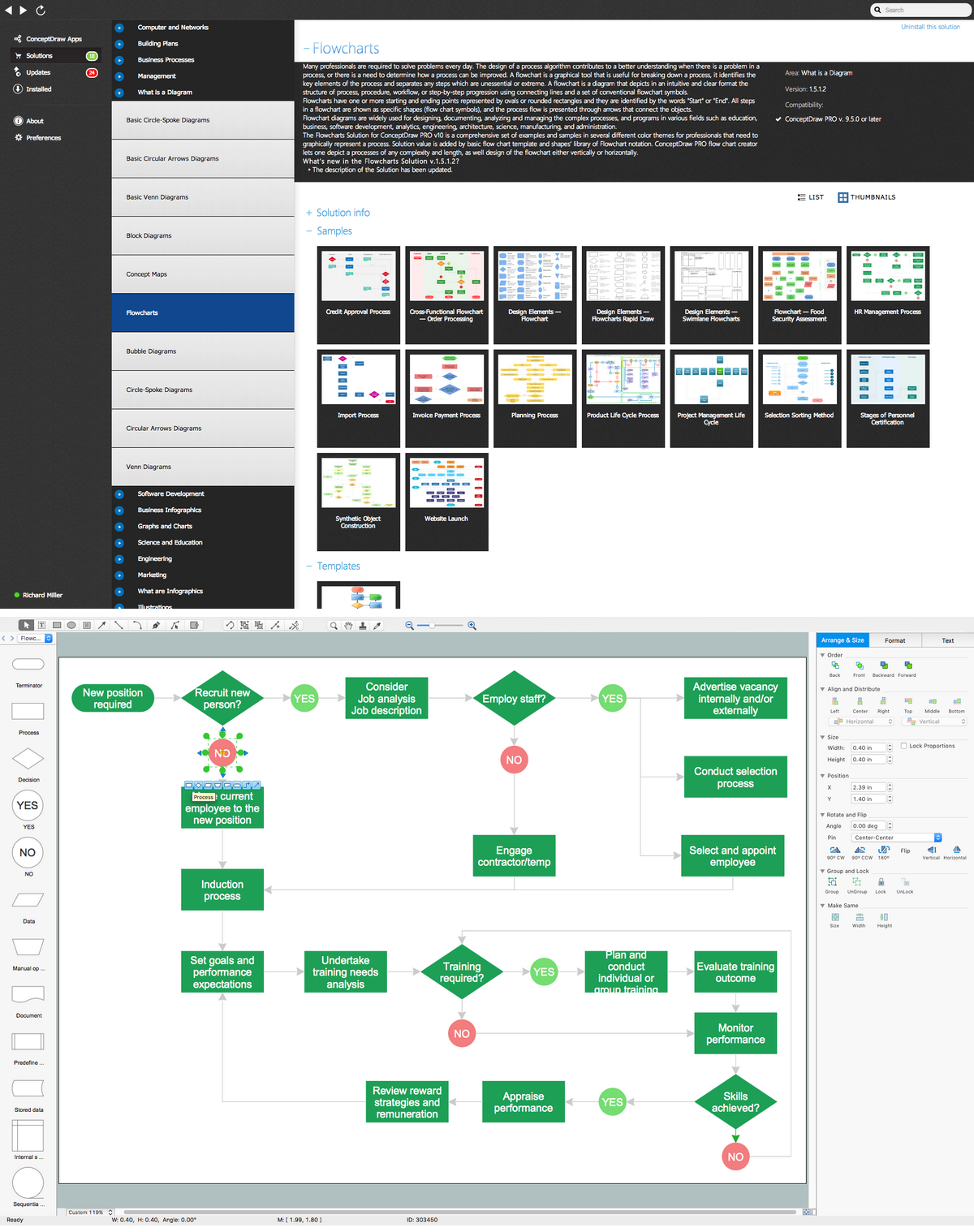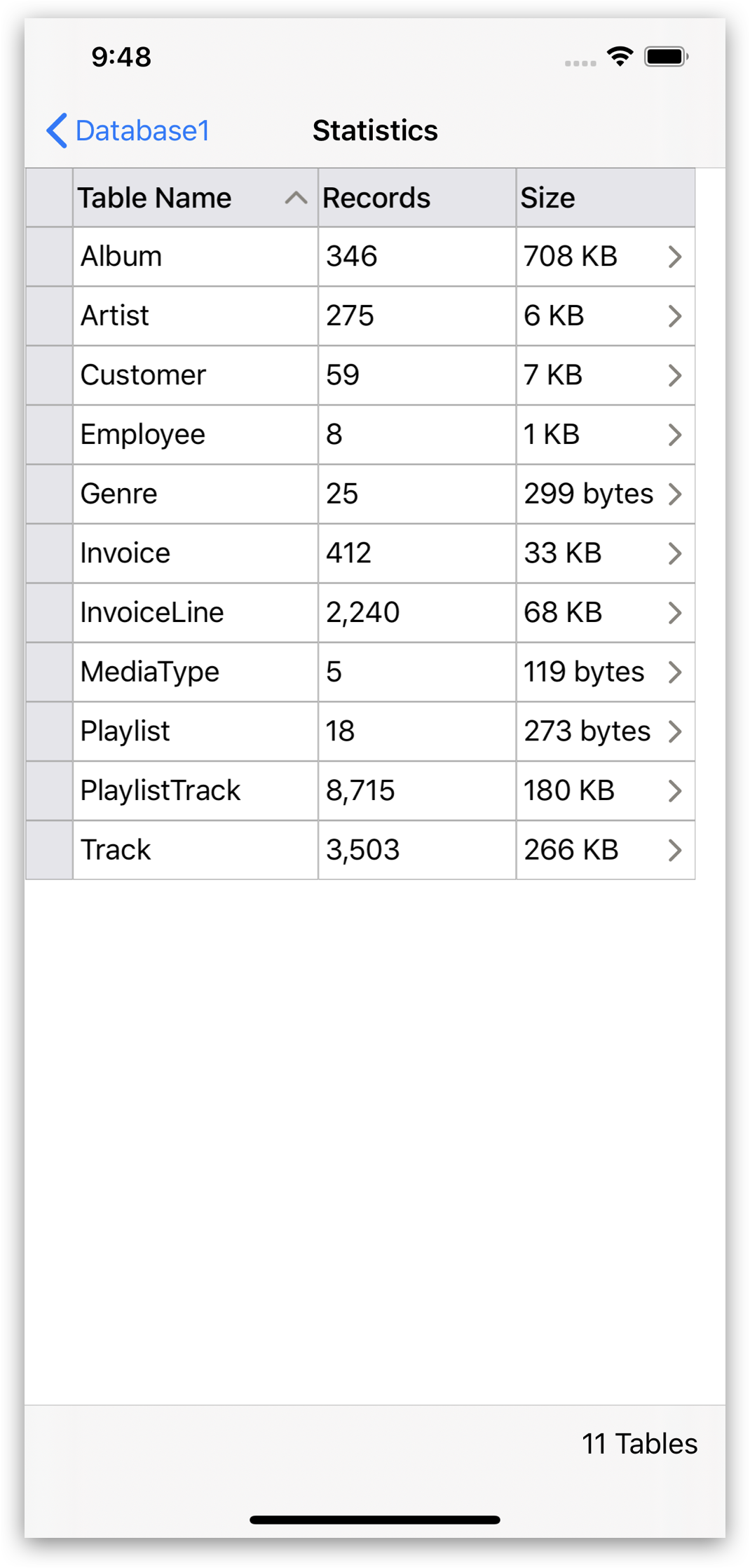

7- Beekeeper Studioīeekeeper Studio is an open-source, multi-platform, free SQL database manager for many SQL databases including SQLite.īeekeeper is popular among developers, database administrators, and DevOps, originally created by Matthew an experienced software engineer who created Beekeeper for ease of use. It features a query manager, shortcuts, terminal interface, and works on Windows, Linux, and macOS. Sqlectron is an open-source, free lightweight SQL manager to manage various SQL databases including SQLite.Ĭurrently, Sqlectorn supports MariaDB, MySQL, Oracle DB, PostgreSQL, Microsoft SQL server, and Cassandra DB
SQLITEFLOW ANDROID
Sqlite manager is a simple SQLite debugging tool for Android, to help developers access, manage, perform SQL queries on Android apps. SQLite features a database comparison where you can compare two database files, a history manager to track all executed SQL commands and user scripts, charts, query shortcuts, and an extension pack to extend its functionalities. Sqlite-guiis a legacy SQLite manager for Windows systems, aims to aid developers and normal user access, and manage SQLite database files.ĭespite it is coming with a productive GUI, it also offers a terminal mode and several unique versions like the ability to build a local web-based or browser-based apps based on its built-in REST API web server. License: GNU General Public License (GPL) v3.0.

SQLiteStudio is available for Windows, Linux, and macOS. SQLiteStudio work seamlessly on multiple database at the same time, as SQL statements can run on multiple database simultaneously. With SQLiteStudio you an import CSV and populate the data into tables, as well as export the data in SQL statements, CSV, JSON, PDF, XML, and HTML.
SQLITEFLOW PORTABLE
The app comes with advanced SQL code editor, custom SQL functions, a rich history option, drag-and-drop support, and portable editions. It was originally written in Tcl/Tk, then rewritten in C++/Qt for better performance. SQLiteStudio is a desktop app for browsing, editing, and managing SQLite databases. With DB Browser, you can review your SQL log, execute SQL queries, and review your database structure without breaking a sweat. SQLite DB Browser for SQLite is a lightweight SQLite database client for macOS, Windows with the portable option, and Linux.ĭB Browser for SQLite or (DB4S), helps users to create database files, create/edit and remove tables, search records, import/ export data as CSV or as text, and take database backups. It works smoothly on iPhone, and iPad as well. Despite its lightweight, it comes with great benefits for developers and seamless integration with the system. SQLiteFlow is a native SQLite editor for macOS and iOS systems.
SQLITEFLOW UPDATE
It's recommended that you could update the SQLite library to a newer version to use if you don't have any specific reason that have to use this very old version of it.īut if you have to, you can change your database's journal mode to DELETE by run the SQL PRAGMA journal_mode = DELETE, you can check this link to see more about PRAGMA journal_mode. If my check is right, the version of SQLite library in SQLite4Unit圓d/Plugins/圆4/sqlite3.dll is 3.6.23.1 which is lower than 3.7.0. If the SQLite version that the plugin uses is lower than SQLite 3.7.0 (), that's probably the reason that cause you see 'unable to open database file' error. The WAL journal mode was introduced 10 years ago with SQLite version 3.7.0 (), and is being used very widely in so many apps today.īegin with SQLiteFlow(macOS) 4.3.0, a new created database is default set to use WAL journal mode.Īnd of course if you prefer to use the legacy one (DELETE journal mode), you can choose it when creating a new database. This is what happens when SQLite database is configured to use WAL journal mode, you can visit this page to get more information about the WAL journal mode. When opening Test2.db in SQLiteFlow, db-shm and db-wal files are created. You can run the SQL SELECT sqlite_version() to check what version the plugin uses. I am not sure what version the plugin uses


 0 kommentar(er)
0 kommentar(er)
